Roger Stone Gets Caught in Facebook’s Coordinated Inauthentic Activity Net
Facebook removed four separate networks for violating its policies against foreign interference and coordinated inauthentic behavior, including one that originated in the U.S. and was tied to conservative political consultant Roger Stone, who worked on the 2016 campaign for President Donald Trump in its early stages.
Stone was convicted on seven counts in February—including witness tampering and lying to investigators—and sentenced to 40 months in federal prison, pending a retrial.
Facebook head of security policy Nathaniel Gleicher said in a Newsroom post that the network was based in the U.S. and focused on domestic audiences, using fake accounts to pose as Florida residents and comment on its own content to boost engagement, as well as to manage pages.
Many of those pages were linked to far-right neo-fascist organization Proud Boys, which was banned from Facebook in 2018.
Gleicher said the network was most active between 2015 and 2017, and it consisted of 54 accounts, 50 pages and four Instagram accounts, which spent under $308,000 for ads on Facebook and Instagram, paid for in dollars.
Roughly 260,000 accounts followed one or more of the pages, and about 61,500 people followed at least one of the Instagram accounts.
Gleicher wrote, “We first started looking into this network as part of our investigation into the Proud Boys’ attempts to return to Facebook after we had designated and banned them from the platform. We identified the full scope of this network following the recent public release of search warrants pertaining to the investigation by special counsel Robert Mueller in response to a joint petition from The New York Times, CNN, the Associated Press, The Washington Post and Politico. Our investigation linked this network to Roger Stone and his associates.”
Davey Alba of The New York Times shared a text message response from Stone via Twitter.
Facebook shared examples of content posted by pages and accounts in the network.
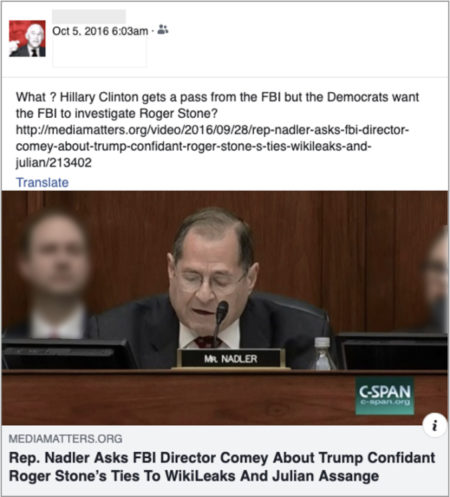
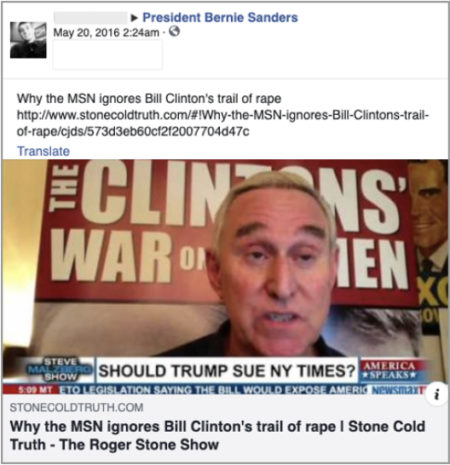
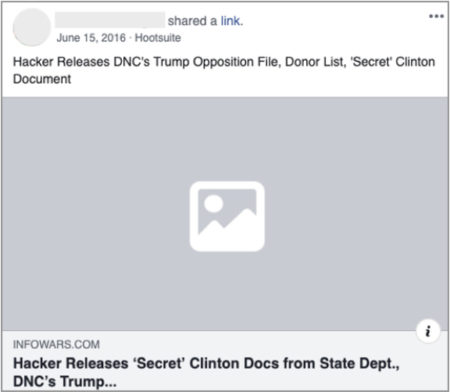
The social network also removed 41 accounts, 77 pages and 56 Instagram accounts that originated in Canada and Ecuador and focused on Argentina, Chile, Ecuador, Uruguay and Venezuela.
Gleicher said a combination of authentic and inauthentic accounts was used to pose as locals during civic events such as elections and drive people to off-platform sites, as well as to manage pages posting as independent news outlets.
Content focused on topics including politics, activism, praise or criticism of political candidates, elections, the government of Venezuela, the president of Ecuador and political parties in the region.
Gleicher said Facebook’s investigation found links to political consultants and former government employees in Ecuador and to Canada-based public-relations firm Estraterra, which is now banned from its platform.
Approximately 274,000 accounts followed at least one of the pages in the network, and some 78,000 people followed one or more of the Instagram accounts. About $1.38 million was spent on Facebook ads, paid for primarily in dollars. Examples of content include:
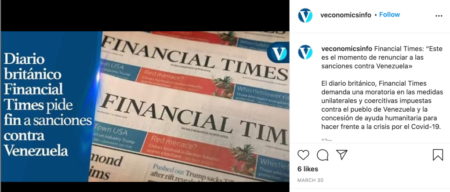
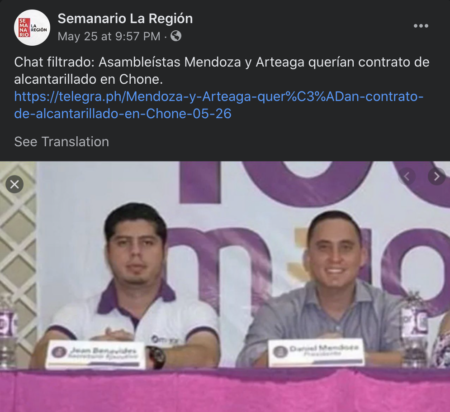
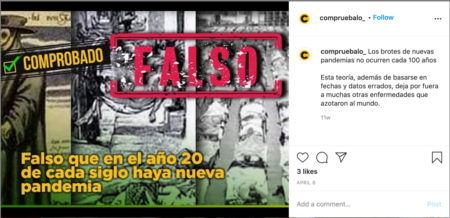
In Brazil, 35 accounts, 14 pages, one group and 38 Instagram accounts were removed, focusing on local news and events including domestic politics and elections; political memes; criticism of political opposition, media organizations and journalists; and the coronavirus pandemic.
Gleicher said Facebook’s investigation found links to individuals associated with the Social Liberal Party and employees of the offices of Anderson Moraes, Alana Passos, Eduardo Bolsonaro, Flavio Bolsonaro and Jair Bolsonaro.
Around 883,000 accounts followed one or more of the pages, while some 350 accounts joined the group and about 917,000 people followed at least one of the Instagram accounts. Only $1,500 or so was spent on Facebook ads, paid for in Brazilian reais. Content examples include:
https://www.adweek.com/digital/roger-stone-gets-caught-in-facebooks-coordinated-inauthentic-activity-net/